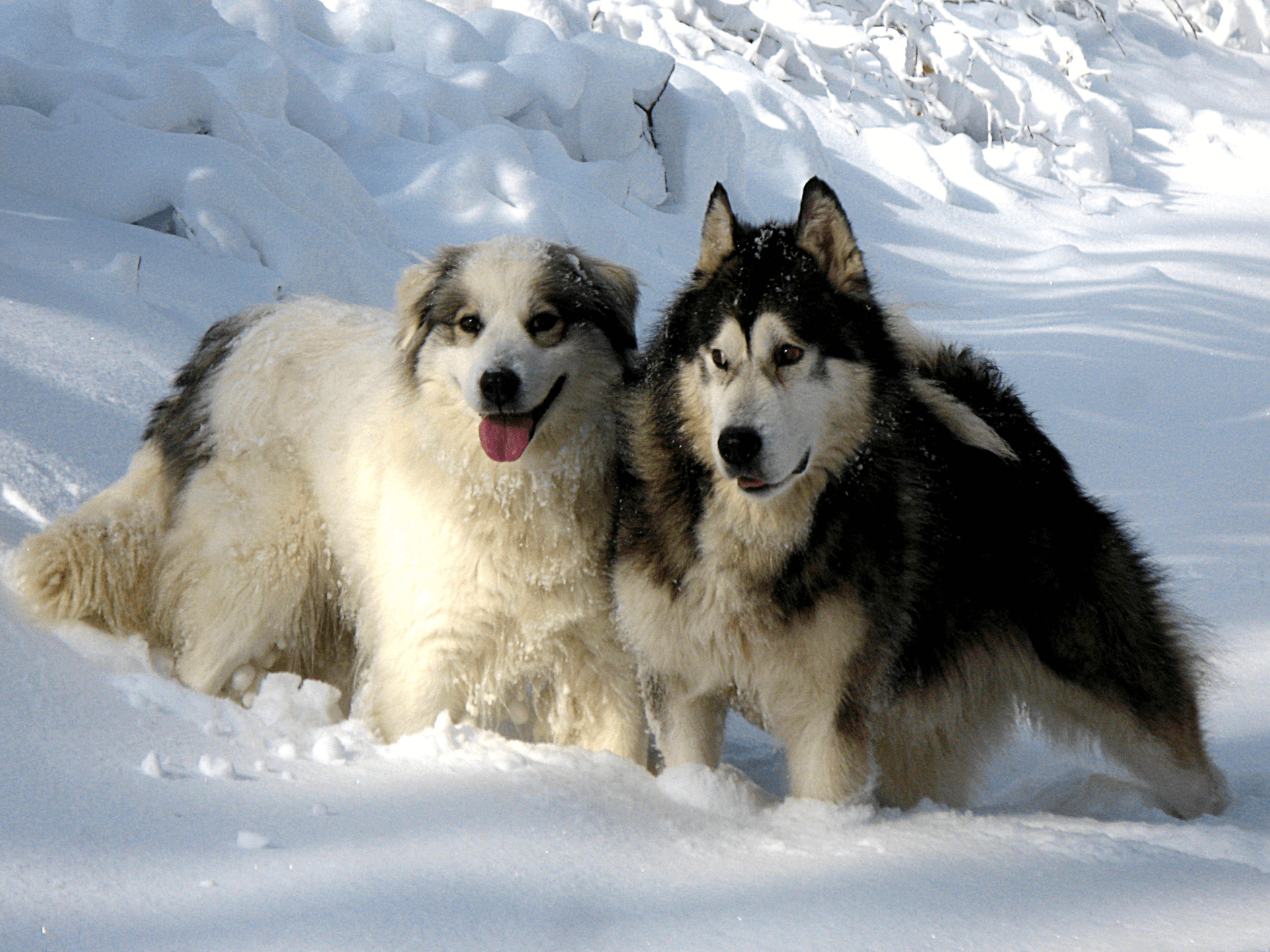The Tornjak, a large and majestic livestock guardian breed, originates from the mountainous regions of Croatia and Bosnia and Herzegovina. This article will explore the Tornjak’s history, size, exercise requirements, personality, health, care, feeding, coat colors, grooming, lifespan, and interactions with children and other pets, highlighting the highest degree of perplexity, burstiness, contextual relevance, and coherence.
History
The Tornjak’s origins can be traced back over a thousand years, with records indicating that the breed was used to guard livestock from predators in the mountainous Balkan region. Valued for their courage, strength, and loyalty, Tornjaks were a vital part of rural life. The breed faced near extinction during the 20th century, but dedicated efforts from breed enthusiasts led to a revival of the Tornjak population. The breed gained recognition from the Fédération Cynologique Internationale (FCI) in 2007 and is now gaining popularity outside its native region.
Size
Tornjaks are large and powerful dogs, standing 25-29 inches tall and weighing between 80-110 pounds. Their size and strength make them well-suited for their traditional role as livestock guardians.
Exercise
Despite their size, Tornjaks have moderate exercise requirements, with daily walks and playtime in a securely fenced area typically sufficient. While they are not overly energetic, they still require regular physical activity to maintain their health and well-being. Tornjaks are not suited for apartment living and thrive in rural or suburban environments with access to outdoor space.
Personality
Tornjaks are known for their calm, gentle, and loyal temperament. They form strong bonds with their families, and their protective instincts make them excellent watchdogs. While they may be wary of strangers, they are not aggressive by nature. Tornjaks are intelligent and independent, requiring consistent training and socialization from an early age. Their natural inclination to protect makes them best suited for experienced dog owners.
Health
Tornjaks are a generally healthy breed with a lifespan of 12-14 years. However, like all breeds, they can be prone to certain health issues, such as hip dysplasia, bloat, and elbow dysplasia. Regular veterinary check-ups and preventative care can help minimize the risk of these conditions. Responsible breeding practices are also crucial in maintaining the overall health of the breed.
Care
Caring for a Tornjak involves providing a loving, secure environment with ample space to roam and exercise. Early socialization and consistent, positive training are essential for ensuring a well-behaved and adaptable Tornjak. As working dogs, they require mental stimulation to prevent boredom, which can lead to unwanted behaviors.
Feeding
Feeding your Tornjak a high-quality, balanced diet tailored to their age, size, and activity level is essential for maintaining their overall health. Portion control and regular meal times can help prevent obesity and related health issues. Consult your veterinarian for specific dietary recommendations based on your dog’s individual needs.
Coat Color
Tornjaks have a thick, double coat that can be short or long, providing them with excellent insulation in harsh weather conditions. Their coat comes in a variety of colors, including white, black, gray, fawn, and various combinations of these colors.
Grooming
Regular grooming is necessary to maintain the Tornjak’s dense coat. Weekly brushing will help remove loose hair, prevent matting, and keep their coat clean and healthy. Occasional baths will ensure they remain fresh and free from dirt. Additional grooming tasks include trimming nails, cleaning ears, and maintaining proper dental hygiene through regular teeth brushing or dental chews.
Lifespan
Tornjaks have a relatively long lifespan for a large breed, living 12-14 years on average. Proper care, nutrition, and regular veterinary check-ups contribute to maximizing your dog’s lifespan. Providing a nurturing environment and responsible pet ownership are essential for ensuring a long, healthy life for your Tornjak.
Interacting with Children
Tornjaks are generally good with children, displaying patience and affection towards younger family members. Their calm and gentle nature makes them suitable family pets when properly socialized. However, it is essential to teach children how to interact safely with dogs and to always supervise playtime to ensure everyone’s well-being.
Interacting with Other Pets
When socialized from a young age, Tornjaks can get along well with other pets, including dogs and cats. Their protective instincts and adaptable nature allow them to coexist peacefully with a variety of animals. Early exposure to different animals and situations is key to helping your Tornjak develop positive relationships with other pets.
Conclusion
The Tornjak, a large and loyal livestock guardian breed, boasts an impressive history, gentle temperament, and remarkable adaptability. Their size, strength, and calm demeanor make them suitable companions for families with experience in dog ownership. By understanding and meeting their unique needs, you can enjoy a rewarding, long-lasting relationship with your Tornjak.

